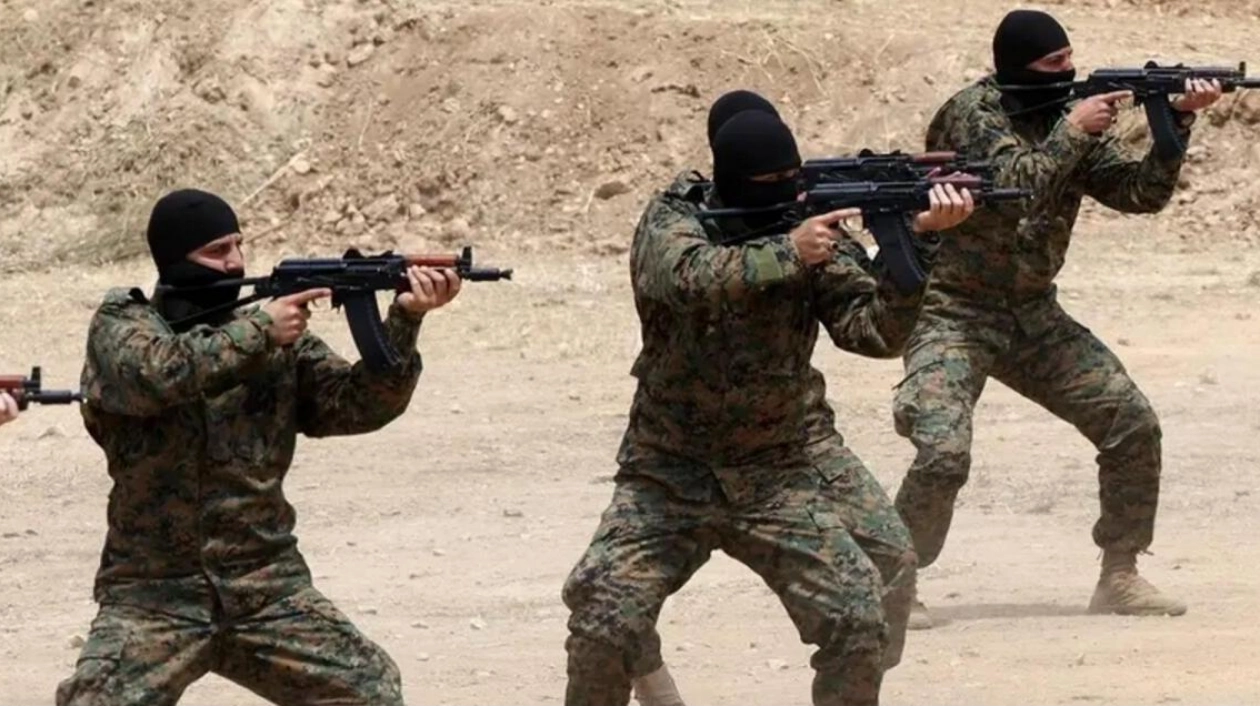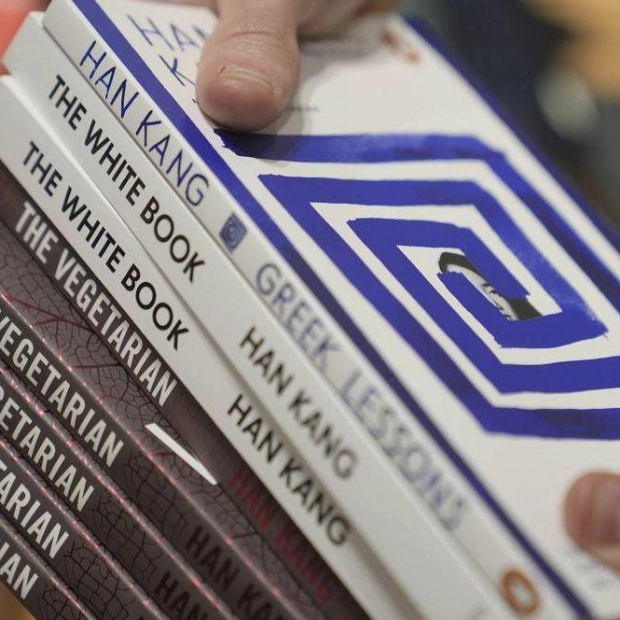Photo by AFP used for illustrative purposes
Lebanon's Hezbollah has dispatched 2,000 fighters into Syria, according to a source close to the armed group, as Damascus struggles with a rebel offensive that has captured major cities. The Iran-backed group, which has supported President Bashar al-Assad's forces since the start of Syria's conflict in 2011, "sent 2,000 fighters to the Qusayr area" near the Lebanese border, the source told AFP, requesting anonymity to discuss sensitive matters. The source noted that since the rebel offensive commenced last week, Hezbollah has not actively participated in the fighting. These fighters were deployed "to safeguard its positions" in the mountainous regions along the Syria-Lebanon border, the source added, clarifying that Hezbollah "has not yet engaged in any battles".
The rebel coalition in Syria has already taken control of two of the country's main cities, Aleppo in the north and Hama in the center. Their offensive began on November 27, coinciding with the implementation of a ceasefire between Hezbollah and Israel, which has left the Lebanese group in a weakened state. On Saturday, rebel forces were reported to be at the outskirts of the pivotal central city of Homs and advancing towards the capital, Damascus, according to the Syrian Observatory for Human Rights war monitor. The source revealed that Hezbollah sent "150 military advisors to Homs, to assist the Syrian army if it opts to defend" the city.
Since 2013, Hezbollah has openly supported Assad's forces. Hezbollah fighters played a role in helping Assad regain territory lost earlier in the civil war, which erupted in 2011 following the suppression of anti-government protests. The Lebanese group backed Syrian government forces as they recaptured Qusayr city from rebel control in 2013, subsequently establishing a military base and training camp there. However, as the conflict in Syria had been relatively dormant until last week, Hezbollah "withdrew the majority of its fighters over the past two years", the source stated. It maintained military advisors in Aleppo and Hama, though it was not specified whether they had departed before the rebel forces seized the two cities in recent days.
Russia and Iran have also intervened in the war to bolster Assad's rule and aid his forces in reclaiming territory. Tehran announced on November 28 that one of its Revolutionary Guards generals had been killed in the fighting in Aleppo.
Source link: https://www.khaleejtimes.com






